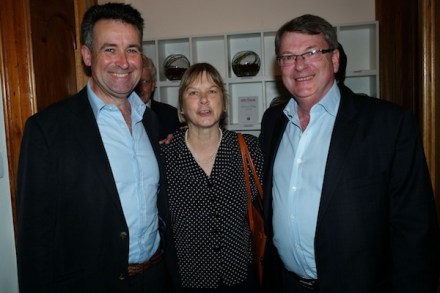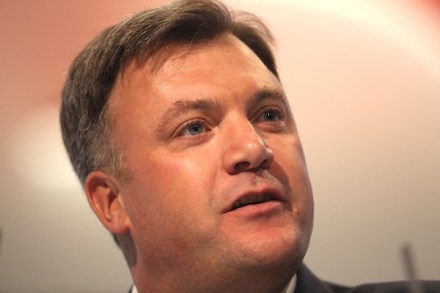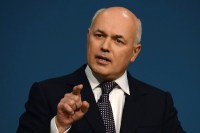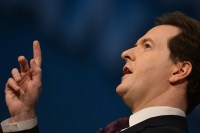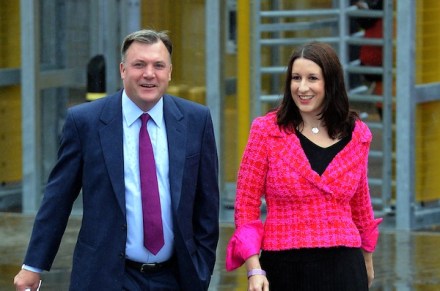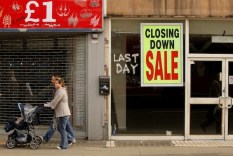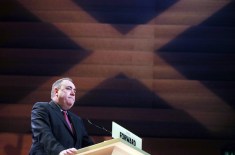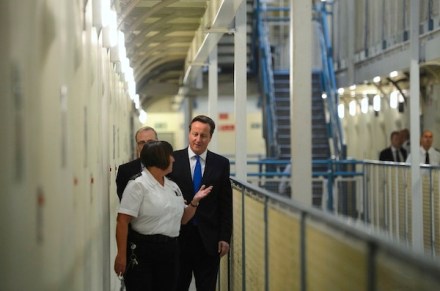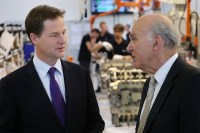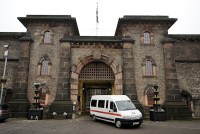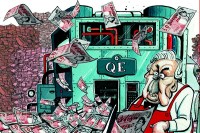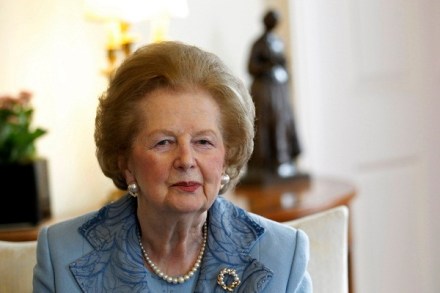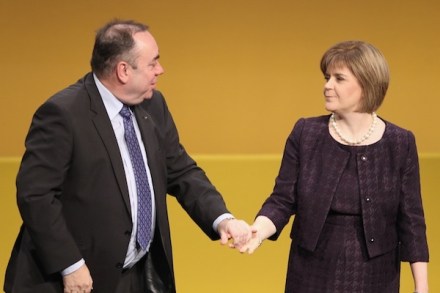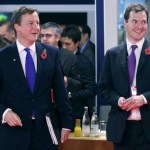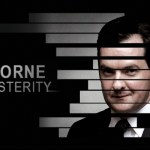Adding a bit of mongrel to Number 10
The saga of whether Lynton Crosby, the hard-charging Australian strategist who ran Boris Johnson’s successful mayoral campaigns, will join the Cameron operation continues. I understand that contrary to popular belief the obstacle to Crosby coming in is not the money. One senior source tells me that ‘If it was just about money, Andrew Feldman would be sent out to raise it’. Amongst senior figures, there’s also confidence that a compromise could be reached on both Crosby’s desire for control of polling and his desire not to lose all of his current corporate clients. But the blockage is the level of control that Crosby wants. There’s a sense among the Number
